
The Chinese observe the Zhongyuan Festival by offering entertainment, prayers, food and burning paper money to the deceased. Hence, it‘s common to see getai, the burning of joss papers at HDB common areas during the festival.
The activity culminates with a rousing festival event for all resident participants, the highlights being a banquet (jiak tok), getai performances and an auction of a wide range of items. Proceeds of the auction would be used to subsidise the following year’s Zhongyuan Festival and a new luzhu would be appointed to organise the next year’s activity.
Luzhu refers to the person in charge of a Zhongyuan Festival activity or association such as a temple. Since the 19th century, it’s common for most temples, associations, and even events like Zhongyuan Festival to assign a luzhu. The luzhu will be the one in charge of responsibilities regarding the organisation all year round, including overseeing ritual and religious activities. They represent the organisation as a whole, and people tend to highly respect them.
Info source: Language Council: Censer Master
In Singapore, the Zhongyuan Festival is mainly hinged to the belief that souls are released from the netherworld and roam the world during the month. Believers would pray to the Lord of Earth to seek forgiveness for the sins of their ancestors’ spirits. They’d also carry out a Pudu ceremony and burn offerings to appease the other wandering souls and make sure they’re “well-fed”, which embodies “kindness”, one of the values that the Chinese cherish! Read on to find out how the Zhongyuan Festival is observed in Singapore.


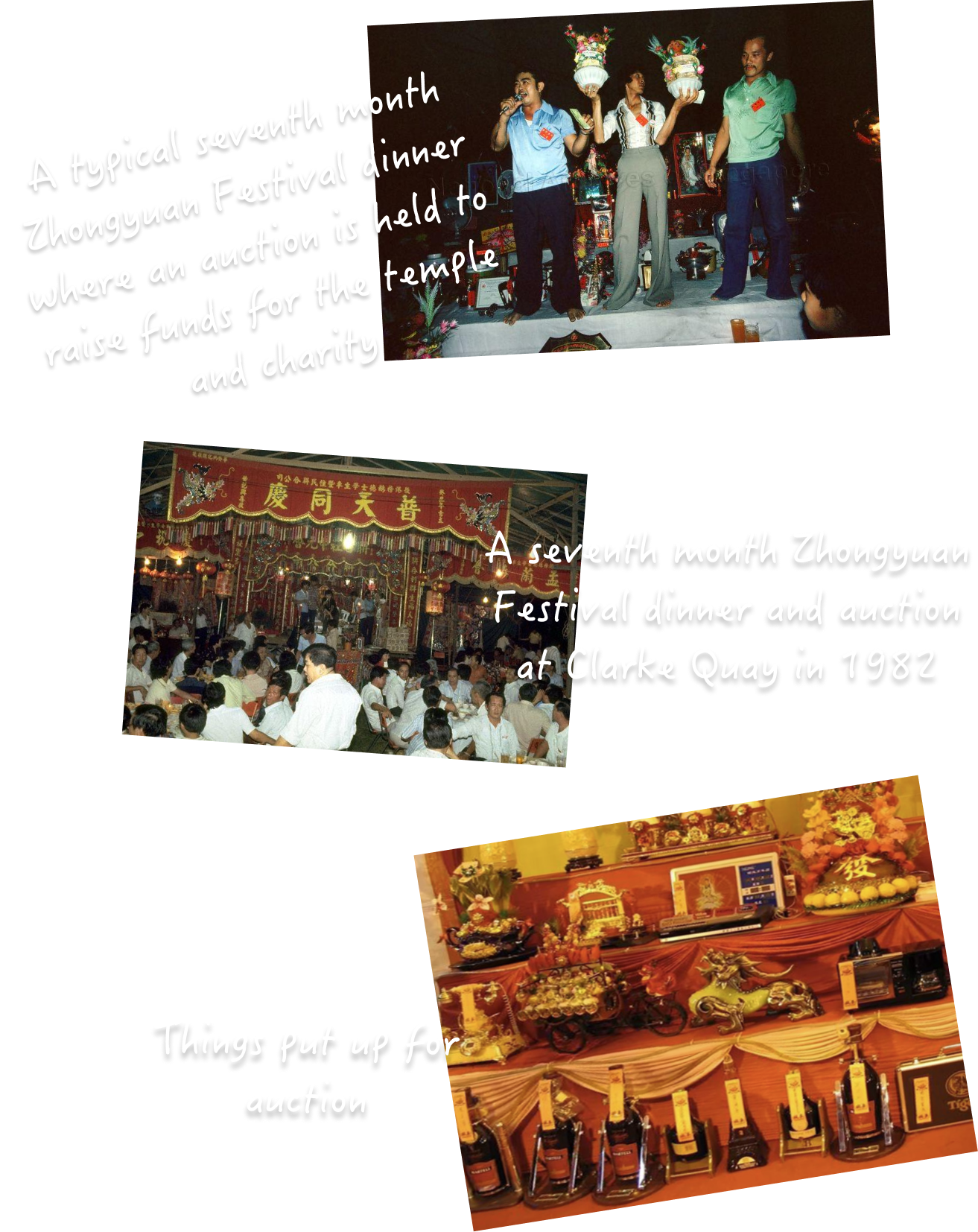
Image source: National Archives of Singapore
Image source: National Archives of Singapore
Image source: 阔别两年多首场庙会喊标 福物标逾4万元
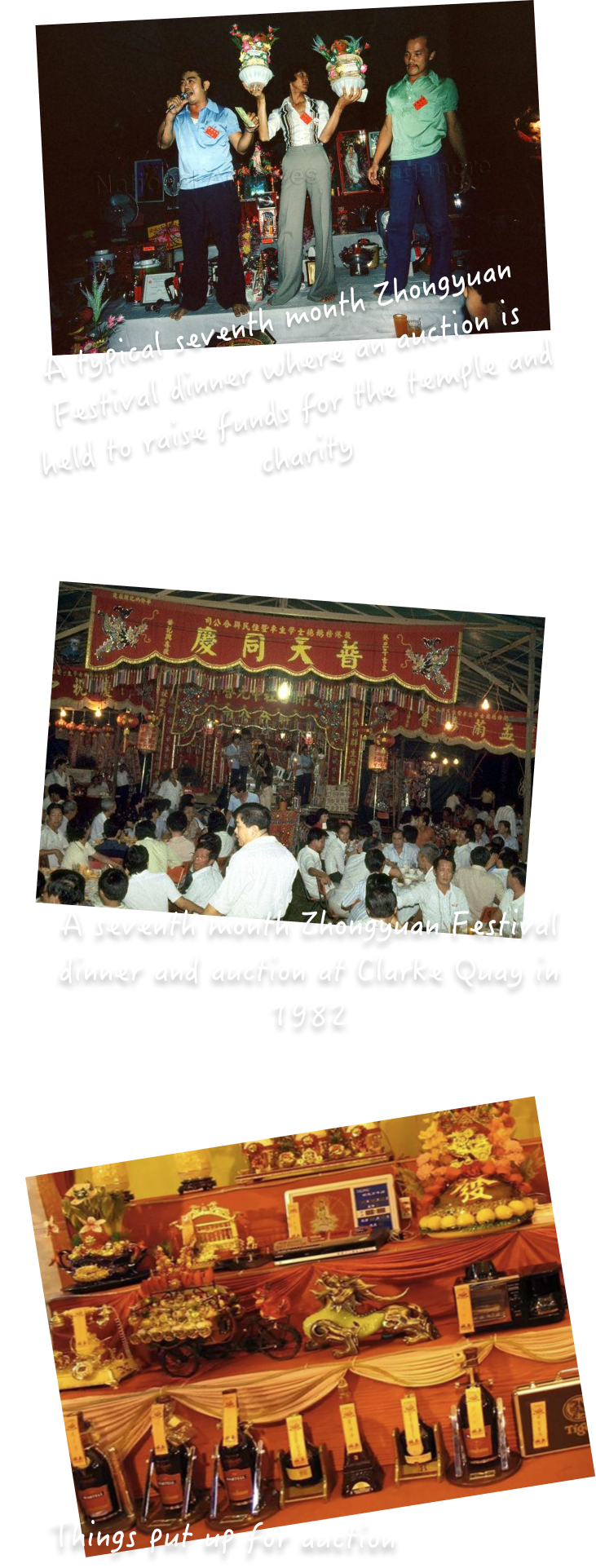
Image source: National Archives of Singapore
Image source: National Archives of Singapore
Image source: 阔别两年多首场庙会喊标 福物标逾4万元
It’s also a norm to see Zhongyuan activities held within the neighbourhood in the form of banquets and entertainment events. Banquets are typically held in public places such as a big plot of land. Tables and chairs will be set up, and the middle table will be reserved for our “good brothers” (hungry ghosts). Participants pay a small monthly subscription to the luzhu literally meaning “censer’s owner”, referring to the event’s main organiser) who’s selected annually. The money is used to organise joint offerings to the wandering spirits which would subsequently be distributed among the participants as well.
Auctions are also held during these dinner banquets. The auctioneers are often fluent in Mandarin, Hokkien, Cantonese, English, Malay, and sometimes even Tamil! Almost anything can be put up for auctions, and they do not necessarily have to be of high value. These items are usually blessed and a portion of the auction proceeds will be donated to charities. Hence, people usually bid generously as they believe that their winning bids will bring them good health, wealth, longevity and even happiness. The bids will typically end with auspicious numbers like “8”, as “8” (ba) sounds like “luck” (fa) in Mandarin. Some common auction items are oranges, deity statues, coin banks and wood barrels. Bid prices can go up to $15,000 for 20 oranges at big events!
On-site auctions were included to raise funds for the following year’s dinner expenses. Want to find out more interesting facts about jiak tok?
First launched at the Centre’s “RE•MIX 2K22” youth festival last year, the Eating Table exhibition unravels the rich history and evolution of local Chinese banquet caterers. Check out here for more information on the Eating Table exhibition!

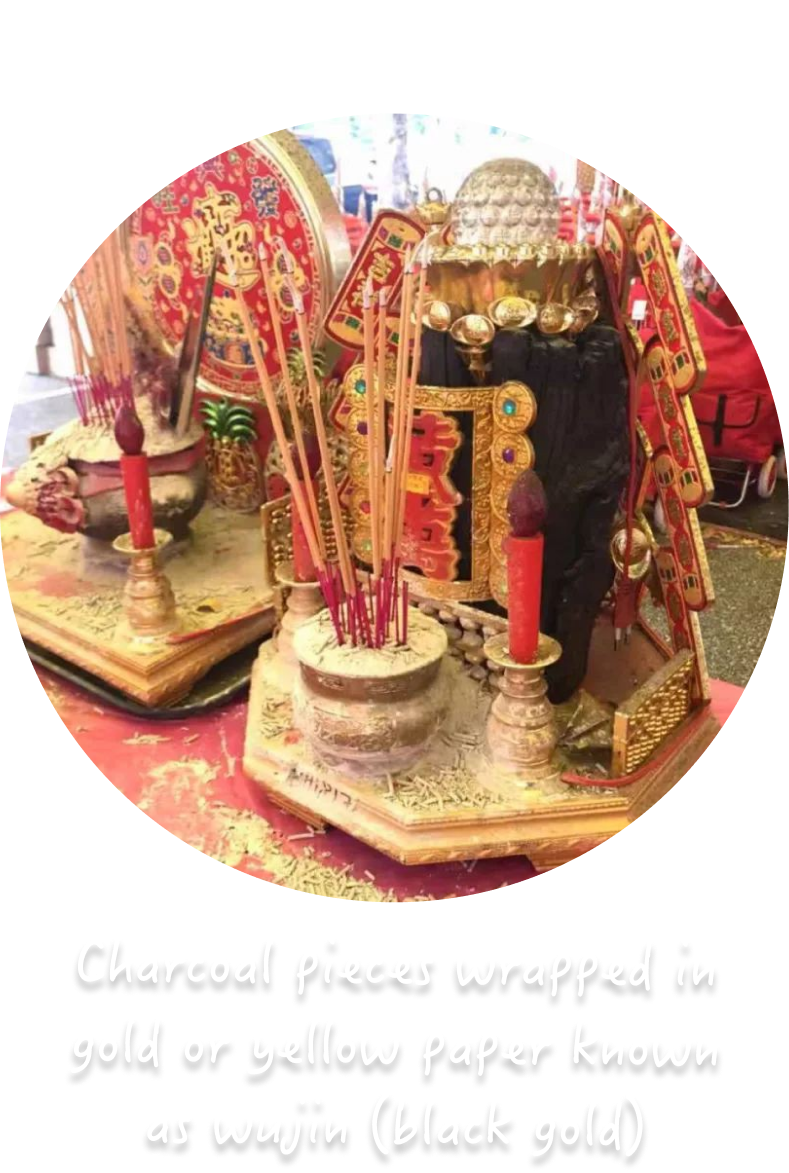
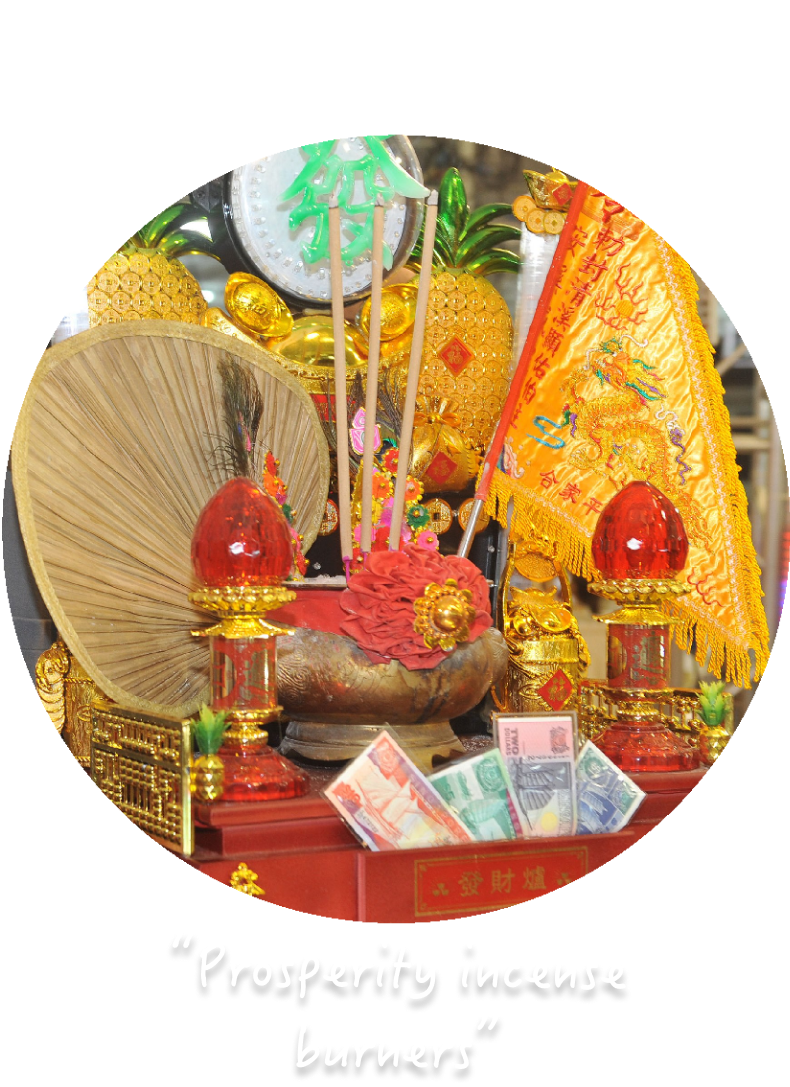
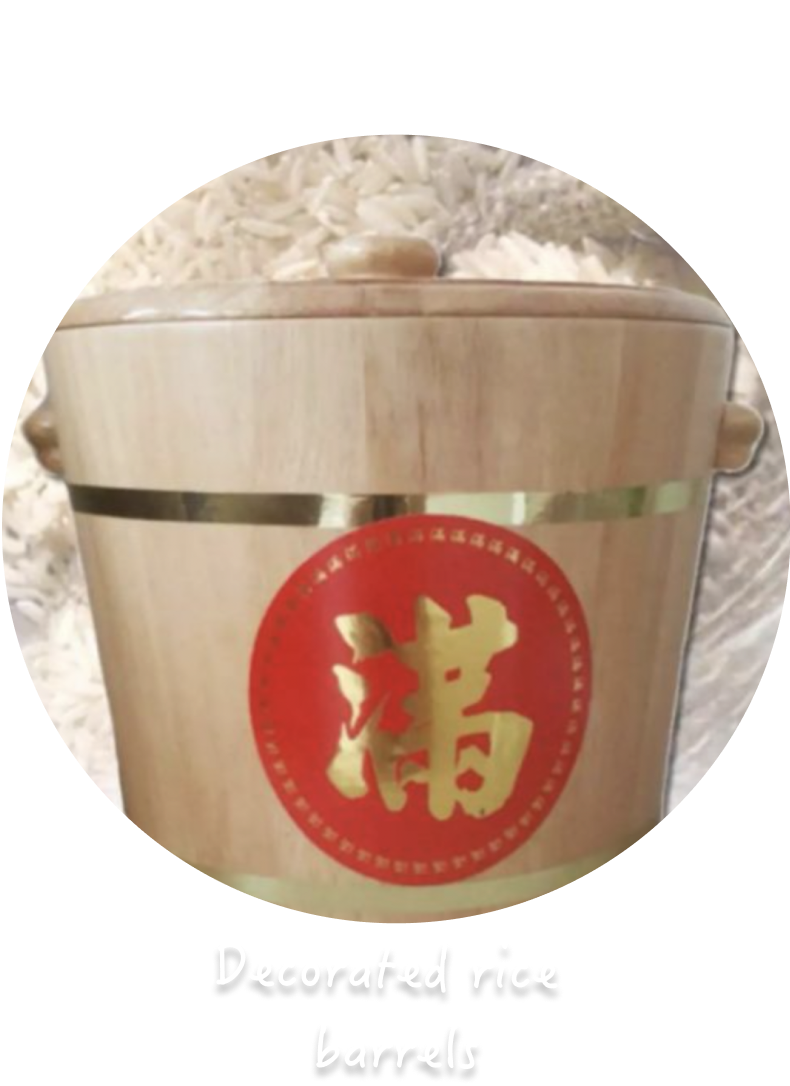
Image source:
Info source:



A prominent feature of Zhongyuan Festival in Singapore is getai, a glittery, flashy outdoor music performance. A distinguishing feature is the predominant use of the dialects where comedic banter and humorous commentary are included. Don’t be surprised as puns and jokes are made using multiple languages. Hence, it’s not uncommon to see people from other ethnic groups and backgrounds coming together to enjoy the performances.
The traditional festival entertainment of opera and puppet shows were eventually replaced by getai. During such live performances, the first row of audience seats are “reserved” to entertain the wandering spirits as they roam the earth.
Info source:


The practice of burning joss paper at HDB (Housing and Development Board) common areas became so widespread that the Board had to provide special containers to facilitate this practice. We don’t see this in the housing estates of other countries!
On top of burning paper offerings in the form of food, money, houses, cars, and clothes, you can also burn these items for your ancestors to change it up!
Image source:
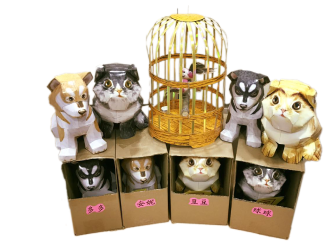

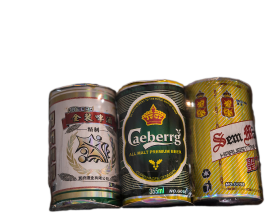
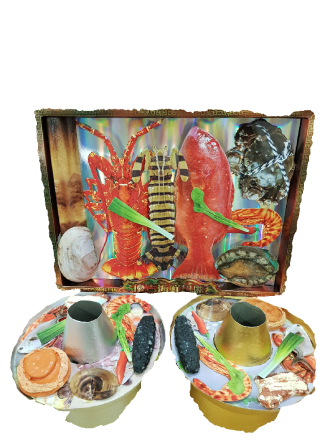
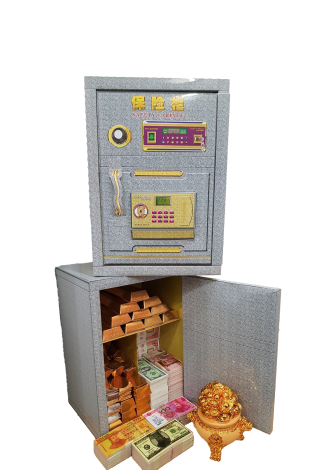
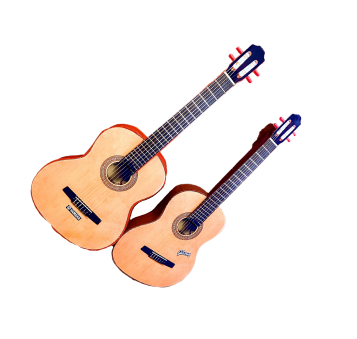

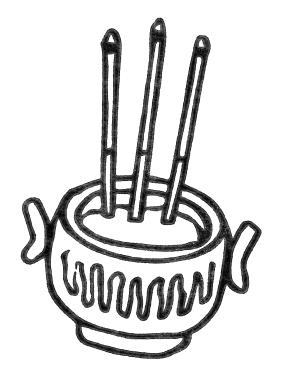
Due to our cultural beliefs, the burning of incense and joss paper and offerings is commonly seen during the seventh month. Keep these fire safety tips in mind to ensure the safety of yourself and your loved ones.
Here are some tips given by the Singapore Civil Defence Force to minimise potential fire hazards during this period.
Residents are advised to make full use of the incense burners placed in housing estates. Burning incense papers on the floor also leave burn marks in public spaces.
Grass patches or fields are more susceptible to catching fire, which is exacerbated when there are dried leaves or grass. Hence, the placement of joss sticks and candles on grass patches may potentially be a fire hazard.
We should place incense burners on stable ground to prevent their fiery content from spilling out. Keeping them away from combustible materials and residential premises is also ideal, in case burning ash is blown out from the containers by the wind.
Ensure smouldering embers are completely extinguished before you leave.
According to the Environmental Public Health Act, the burning of joss sticks that exceed 200cm in height or 7.5cm in diameter, and candles that exceed 60cm in height are prohibited. Offenders are liable to be fined up to $2,000.

Burn small quantities of joss paper at a time to ensure complete combustion and reduce smoke and ashes
Traditionally joss paper should be burnt during worshipping, and not tossed or scattered
Clear up your offerings after prayers

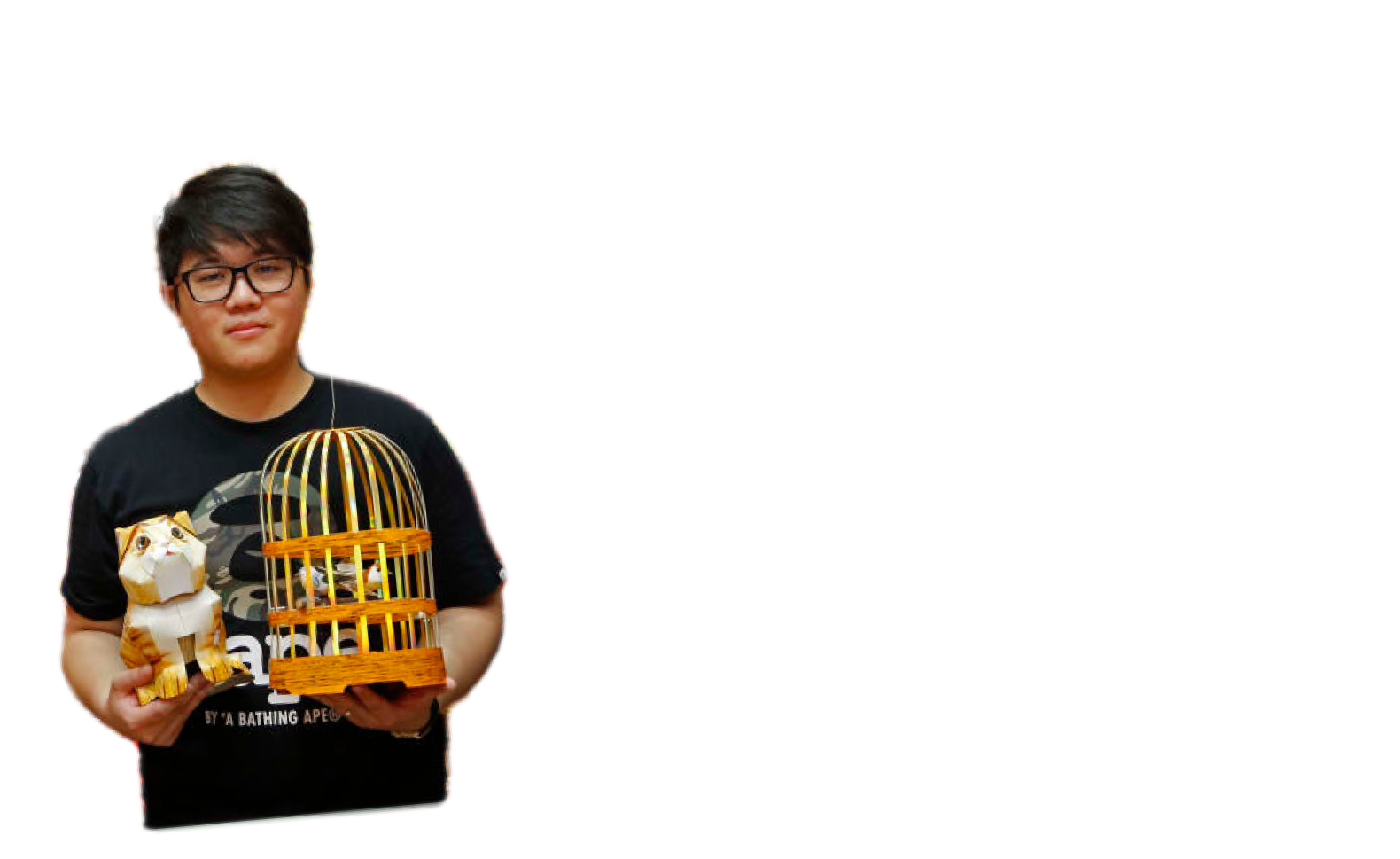
Alex, the third generation owner of Ban Kah Hiang Trading, shares his journey as a young traditional business owner, and the do’s and don’ts when burning joss papers and offerings to ancestors and wandering spirits! This video is brought to you by Our Grandfather Story in collaboration with the Alliance for Action (AfA) on Norms for Joss Paper Burning.
You might be well aware of the various beliefs of the festival, check out below for the lists of things not to do during the Zhongyuan Festival. These customs and taboos are for reference only, but there’s no harm in knowing how to be more careful during this period.
Info source:
